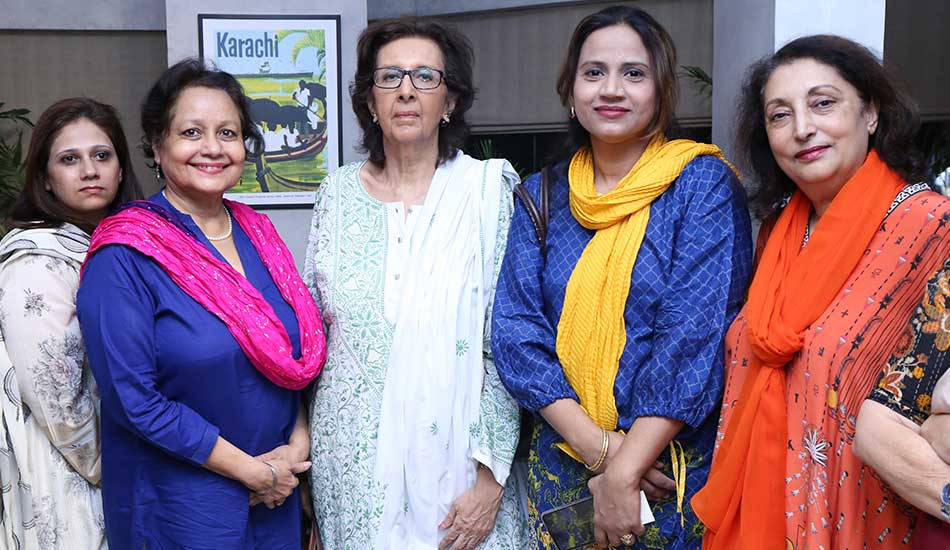Inside Scoop: Anant Ambani and Radhika Merchant’s Grand Pre-wedding Festivities
- 16 Mar - 22 Mar, 2024
Electronic or digital literature is a genre encompassing works created exclusively on and for digital devices, such as computers, tablets, and mobile phones. Digital reading has been an object of fervent scholarly and public debates since the mid-1990s. The pervasiveness of the Internet has led to new changes in form and usage described as Internet English, affecting structure, research and editing methods.
Muneeza Shamsie, a writer, critic, literary journalist, bibliographer and editor made this point during her lecture on English Literature in the Digital Era held at Esquires Coffee organised by the Readerscafe. The discussion opened with the impact of digital reading and how it has produced radically different readers than printed books produce. According to Shamsie, a negative impact of e-books is that people lose the essence of writing. It has affected order and rhythm, from the tap-tap-swipe of a typewriter to the swipe-swipe-tap of tablet.

Shamsie also took a closer look on how Kindle and other such e-books are different than physical-books. According to her, holding and reading a tangible book makes you feel more grounded and real. E-book doesn’t provide the experience as it is similar to reading the content on the web page, a difference any reader can relay. Ending her speech in favour of print, as is predictable when it comes to picking a writers’ brain about the subject.
Participants agreed to Shamsie’s opinion print vs. digital and reflected on how children of the modern day, even toddlers, prefer an online version of everything. A renowned illustrator Ghazala Ismail Noorani shared her concern pertaining to nurturing a habit of healthy reading among the children. To which Muneeza said that she was fortunate to have parents who were fervid readers. “My family loved to read. The love for reading books runs in the family. I even used to read stories to my children,” she said in agreement to Ghazala’s opinion that it’s important to create such an environment in the house which would motivate the child to read more.
Writer Amra Alam and educator/ philanthropist Shabina Mustafa of The Garage School were of the opinion that students these days are not given anything interesting to read other than textbooks. According to Alam, she found out after conducting a survey of 100 children that only 10 out of 100 read books while the remaining 90 only read textbooks. Mustafa chimes in that children should be encouraged to read books which would inspire them to read more. They should be encouraged by way of dialogue. “Parents and teachers should ask the children to tell them the story of the book that they read and that would create interest in a child as children like story-telling,” said Mustafa. Most of the participants agreed that the educational system in the country is not conducive to the development of reading habits in children.
What I concluded from this session was that reading can help prevent mental health decline, but with digitisation, this has taken a flip side as according to a study, readers who use ‘Kindle’ were less competent in recalling plots and events than those reading paperbacks. The other aspect of digital era would surely be the disappearance of the grammarian. With the introduction of spell checkers and grammar checkers, today any person on the computer has become a slave for the auto-correction and it is the alerts (green and redlines of MS office) which today reigns over grammar rules of literature.
COMMENTS